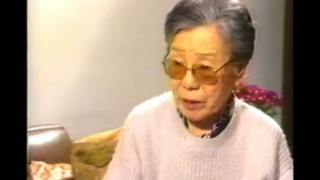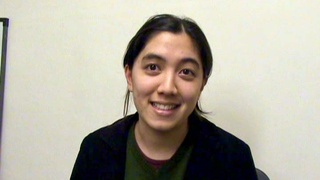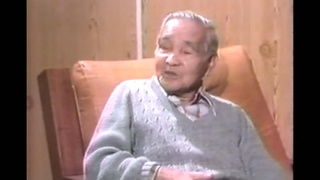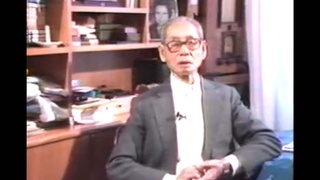Interviews
Politics in ethnic studies
At first I was the Chair of Asian American Studies and then I became the Dean of Ethnic Studies. What had happened is the first year, Hayakawa had put in his choice of Administrator who was a kind of a liberal in the administration, Political Science.
But even as a liberal, you know, he was resented by the Ethnic Studies faculty because he was imposed by Hayakawa. And it ended up with Hayakawa firing everybody in the Black Studies Department, particularly because they had a course in Black Journalism. And they published a paper called “Black Fire,” and they didn’t, they said what they believed about Hayakawa, and it was not very complimentary. So he ended up firing everybody in the Black Studies Department, then he had a dilemma. And rest of the Deans, at the Counsel of Academic Deans, got together. And the Social Science Dean knew me. So they recommended that I become the Dean. And so, Hayakawa approached me and I says, “Well, you know, I got a sabbatical, and I’m going to Japan.” And he says, “Would you take the job anyway?” And I said, “I’ll think about it.”
Well, when he was away to Japan, I agreed with the Vice President that I would take the job. But first I needed to have a deal with the rest of the Black Studies and the La Raza and the Native American, and I wanted to have a clear understanding of what I was going to do. And my take on the whole thing was to protect the development of all the departments independently as much as possible. But I told them that they had to protect my position because I have to interact with the administration. Then I made the same kind of deal with the Vice President, who I knew personally, who was one of the undergraduate students at the University of Washington when Gordon was a graduate student. So I had that sort of kinship tie. And when I came to San Francisco State, they sort of looked out after me. And I made a deal with him. I says, “You know, when I say I want something for the Ethnic Studies program, you just got to give it to me, because I need to keep order in there.” And so I worked on my personal ties with him to get the kind of concessions we needed in Ethnic Studies to do what we needed to do.
Date: January 7, 2004
Location: California, US
Interviewer: Art Hansen
Contributed by: Watase Media Arts Center, Japanese American National Museum.













